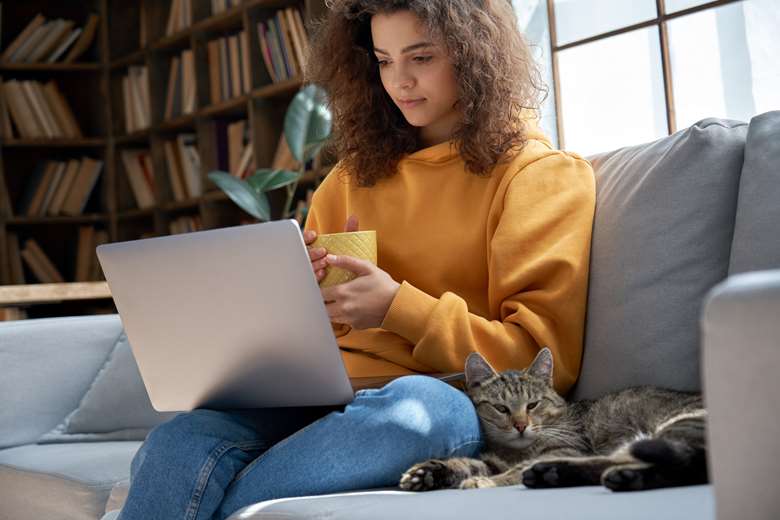Online events must be accessible to deaf audiences, says charity
Harriet Clifford
Monday, November 9, 2020
As the country heads into its second week of lockdown 2.0, a charity is calling on cultural venues and performers to ensure that online events are accessible to the 12 million people with hearing loss in the UK.

Insta_photos / Adobe Stock
Official figures released in the summer show that people with a hearing impairment are 45% more likely to have reported feeling lonely during lockdown. Stagetext, a charity which provides captioning and live subtitling in theatres and cultural venues, stresses the disproportionate impact of lockdown on deaf, deafened, and hard of hearing people.
Since the first UK lockdown, the charity has seen an increase in demand for live captioned performances online, with a 110% increase in live subtitled events from April to October. Stagetext reports that while nearly 18% of UK adults have hearing loss, fewer than 1% are fluent in British Sign Language.
This week (9-15 November) is Stagetext’s sixth annual Captioning Awareness Week (CAW), which is supported by theatres, museums, and galleries in the UK. Highlighting the importance of access to the arts to audiences with hearing impairments, the week features several live performances and lectures.
UK Disability Champion for Arts & Culture, Andrew Miller, said, ‘Creative d/Deaf and disabled people are facing unprecedented exclusion as a consequence of the pandemic, so there has never been a greater need for adequate access to online and physical spaces.
‘Initiatives such as CAW20 are essential to raise awareness of the access challenge but also to ensure that the industry delivers an inclusive recovery for d/Deaf, disabled artists and audiences alike.’
Stagetext is also concerned that accessibility may go under the radar once cultural venues reopen again. Chief executive Melanie Sharpe said, ‘We are losing expertise in the arts due to the pandemic. I am concerned that once venues re-open the role of access will just be added to another existing job role.
‘The very people who are being advised to consider retraining are the same ones who understand the needs of deaf audiences and know how to ensure their venues are accessible.
‘We must do all we can as a sector to continue providing access for those who would otherwise be excluded. These audiences and the freelancers that venues rely upon are crucial in the road to recovery for UK arts and culture.’

